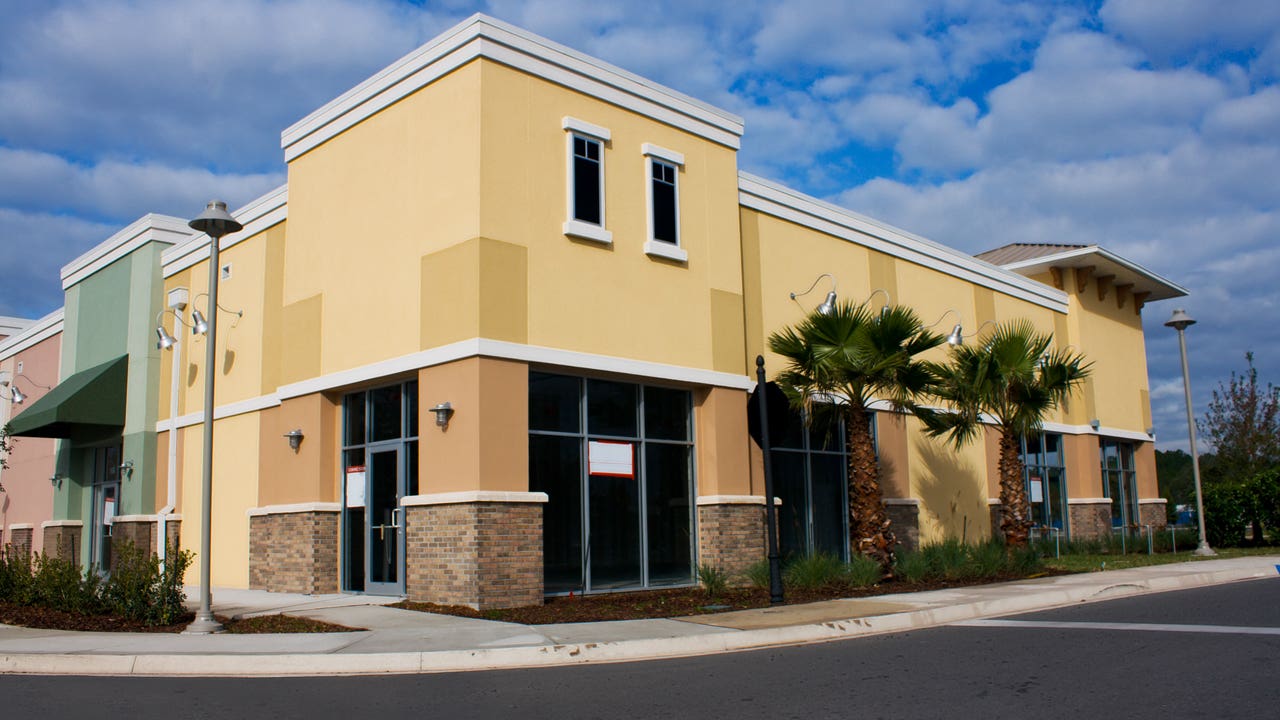The Future of Real Estate Lockhart: Trends You Need to Know
The Future of Real Estate Lockhart: Trends You Need to Know
Blog Article
The Future of Property: Fads and Opportunities to View
As the property landscape advances, it becomes significantly vital to understand the emerging trends and opportunities that will specify the market in the coming years. Technical innovations are improving transactional processes, while an expanding emphasis on sustainability reflects changing consumer top priorities. In addition, group changes and the surge of remote job are affecting real estate choices, specifically in suburban areas. With these dynamics at play, a better assessment of the adjustments and approaches essential for success discloses intriguing opportunities that can improve financial investment approaches and market behaviors.
Technological Developments in Property
In current years, the realty industry has actually embraced a wave of technological innovations that are transforming traditional methods. These innovations have considerably enhanced performance, transparency, and decision-making procedures within the industry. Among one of the most noteworthy developments is the rise of large information analytics, which allows realty professionals to analyze market fads, forecast residential or commercial property values, and recognize investment possibilities with extraordinary precision. This data-driven technique allows stakeholders to make informed choices and reduces the threats connected with property deals.
In addition, virtual reality (VIRTUAL REALITY) and enhanced fact (AR) innovations are changing home advertising and marketing by providing immersive experiences for potential purchasers and renters. These devices allow customers to conduct online scenic tours of residential or commercial properties, consequently enhancing the search procedure and improving client engagement. Blockchain modern technology is obtaining traction as a method to safeguard purchases and preserve clear documents, thereby decreasing fraud and quickening the closing process.
Smart home modern technologies are also coming to be progressively common, allowing homeowners to monitor and regulate their residential or commercial properties from another location (Real Estate Lockhart). Jointly, these technological developments are reshaping the landscape of property, cultivating a much more effective, transparent, and customer-centric industry
Need for Lasting Features
As customers significantly prioritize environmental duty, the need for sustainable residential properties has surged in the genuine estate market. This shift mirrors a more comprehensive social fad towards sustainability, with homebuyers and financiers looking for residential properties that decrease environmental effect while taking full advantage of power efficiency. Functions such as solar panels, energy-efficient appliances, and sustainable building materials are now considered as vital as opposed to optional.

Additionally, the surge of environment-friendly communities, which focus on walkability and access to public transportation, further emphasizes this trend. These advancements appeal to eco mindful buyers and advertise a healthier way of life.
As the demand for sustainable residential or commercial properties remains to increase, industry stakeholders should adjust to these expectations. By prioritizing and embracing cutting-edge techniques sustainability, the genuine estate field can not just fulfill customer need however likewise contribute to a more sustainable future.
Transforming Purchaser Demographics

Additionally, the aging populace is improving need for real estate. Infant boomers are seeking downsized residences that provide availability and low maintenance, often preferring urban setups with close-by features. This shift requires a concentrate on multi-generational housing services that accommodate varying requirements.
Moreover, social diversity is playing a pivotal duty in genuine estate fads. As these demographic changes proceed to evolve, real estate specialists should adjust their methods to deal with the needs of these different purchasers (Real Estate Lockhart).
Increase of Remote Job Effect
Significantly, the rise of remote job is published here transforming the realty landscape, motivating significant changes in purchaser choices and place options. As staff members take pleasure in the flexibility of working from home, several are reviewing their domestic requirements, leading to a surge in demand for residential or commercial properties in rural and rural areas. This fad is mostly driven by the wish for more roomy living atmospheres that can fit office and a better lifestyle.
In addition, city centers, when the prime focus for buyers, are experiencing a progressive decline sought after as individuals focus on price and accessibility to nature. Subsequently, genuine estate designers and investors are shifting their focus toward residential properties that use home workplace areas, exterior facilities, and distance to essential services.
Actual estate professionals have to adapt to the altering preferences of buyers, stressing the importance of way of life aspects in their advertising techniques. The ramifications of remote job on actual estate are profound, forming future trends and chances.
Investment Opportunities in Emerging Markets
Financial investment chances in arising markets are constantly standing out from investor looking for diversity and growth capacity. These markets, characterized by rapid economic advancement, increasing urbanization, and an expanding middle class, existing distinct leads check out this site for smart capitalists. Countries in Southeast Asia, Africa, and Latin America are observing significant framework enhancements and positive federal government policies, which better improve their charm.
Property industries such as residential, business, and logistics are experiencing heightened demand due to city movement and advancing consumer choices. Especially, cities like Ho Chi Minh City, Nairobi, and Medellín are coming to be hotspots for financial investment as a result of their increasing economies and vibrant demographics.
Investors must conduct extensive market analyses to determine essential patterns, such as changes in populace characteristics and financial stability, which can affect residential property worths. In addition, partnerships with local property companies can promote successful entrance and navigation in these markets.
However, it's essential to be conscious of possible dangers, including political instability and regulatory obstacles. By weighing these factors and embracing a long-lasting viewpoint, investors can properly maximize the lucrative chances emerging in these establishing areas.

Conclusion
In conclusion, the future of real estate will be considerably affected by technical developments, a growing emphasis on sustainability, and evolving purchaser demographics. Browsing this transforming landscape will certainly call for calculated collaborations and a keen understanding of market characteristics to take advantage of on the trends shaping the market.
As the genuine estate landscape develops, it ends up being progressively vital to understand the arising trends and possibilities that will define the industry in the coming years. One of the most notable technologies here is the increase of huge data analytics, which permits actual estate professionals to analyze market fads, forecast home values, and identify financial investment possibilities with unprecedented precision.As consumers increasingly prioritize ecological responsibility, the need for sustainable residential properties has actually surged in the actual estate market. The ramifications of remote job on real estate are profound, shaping future patterns and opportunities.
Investment chances in arising markets are consistently drawing in focus from real estate investors looking for diversity and growth possibility.
Report this page